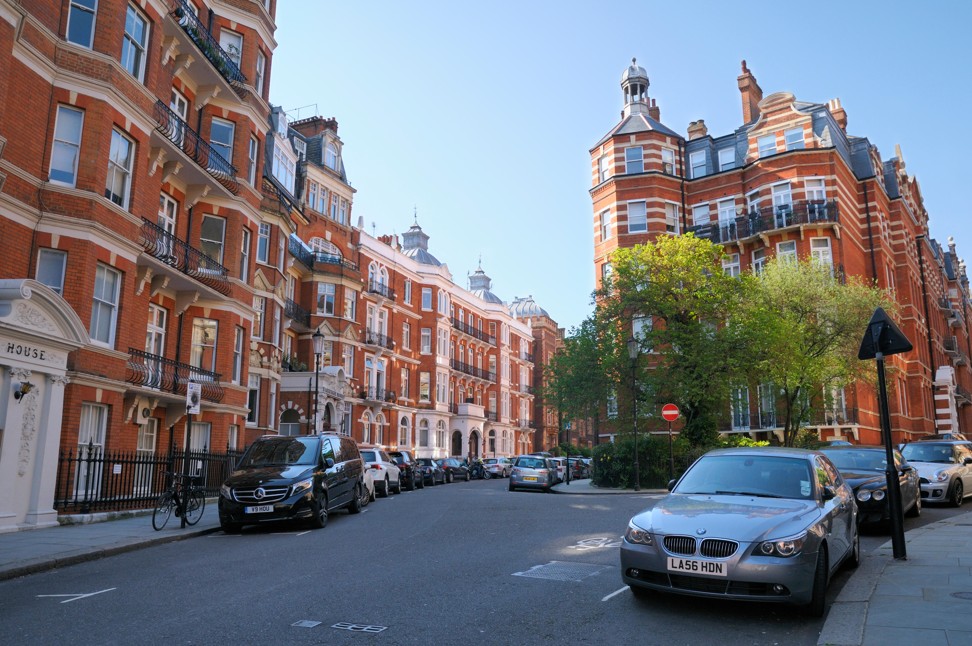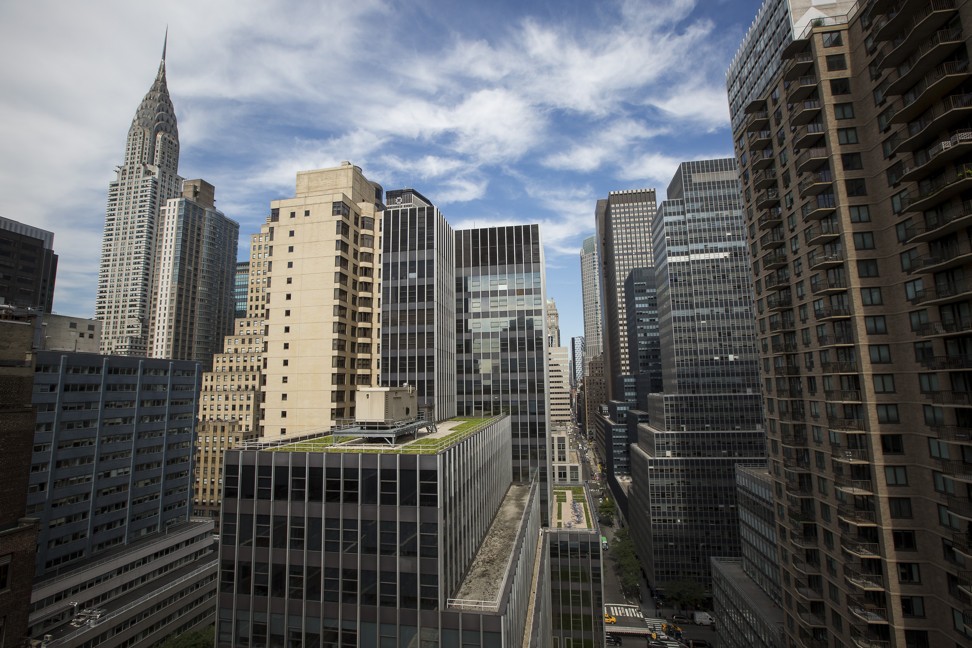
Chinese big spenders are curbing their offshore property shopping as tougher capital controls bite
- Luxury homes are still changing hands, but at lower prices and for a smaller pool of buyers as China’s capital controls take effect
- A litany of political factors are also weighing on Chinese interest in London, New York and Sydney, adding to the effect of capital curbs
Chinese property buyers are spending less in their offshore purchases in Sydney, London and New York, as a tightening of China’s draconian capital control regulations in the past year has reduced the amount of money they can remit overseas, sales agents said.
“People who may have been looking for a 20-million pound (US$25.7 million) property are now looking to spend 12 million pounds, while people who were looking at 6 million pounds are now looking at 4 million pounds," said Lulu Egerton, senior director at Strutt & Parker, the UK affiliate of Christie's International Real Estate. "It's not that they do not buy, it's just that they are spending less.”

The dip underscores the effectiveness of China’s capital controls, which were tightened last year to stymie the yuan’s depreciation against the US dollar. A litany of political factors, from Britain’s exit from the European Union to America’s trade war with China, have also curbed Chinese property buyers’ enthusiasm in shopping overseas.
Mainland Chinese investments in the US fell 93 per cent to US$81 million during the first half, compared with the same period last year, according to data by Real Capital Analytics and Cushman & Wakefield. Property buyers from Hong Kong and China spent US$4.42 billion in the first 10 months of this year, compared with US$6.81 billion for the whole of 2017, Real Capital said.

Sydney’s appeal as an investment destination fell 0.7 per cent in the third quarter, according to data by Juwai.com, due to an ongoing debate over tax offset for negative gearing, which may be an issue during next year’s Australian federal elections.
Interest in New York fell 10.9 per cent in the same period, due to the ongoing US-China trade war and additional vetting power given to the US committee on foreign investments (CFIUS).
London saw a 51.2 per cent jump in interest in the quarter, even after Britain’s Prime Minister Theresa May announced a 1 per cent stamp duty tax on foreign homebuyers.
"There are so many things coming into play with market segments around the world. I think each country has its own set of issues," said Ken Jacobs, managing director at Christie’s International Real Estate.
Still, the US, Britain and Australia remain safe investment destinations, even amid the uncertainty, agents said.
"Most Chinese still have positive long-term expectations for the UK economy and property markets," said Juwai.com’s Chief Executive Carrie Lam, who expect interest in Sydney to recover, after five consecutive quarters of declining interest. “We may even see new growth in 2019.”
New York would always appeal to Chinese buyers, Law said.
"Buying is down from its peak in 2016 and from last year’s level, but it remains one of the most popular cities in the US," she said.

